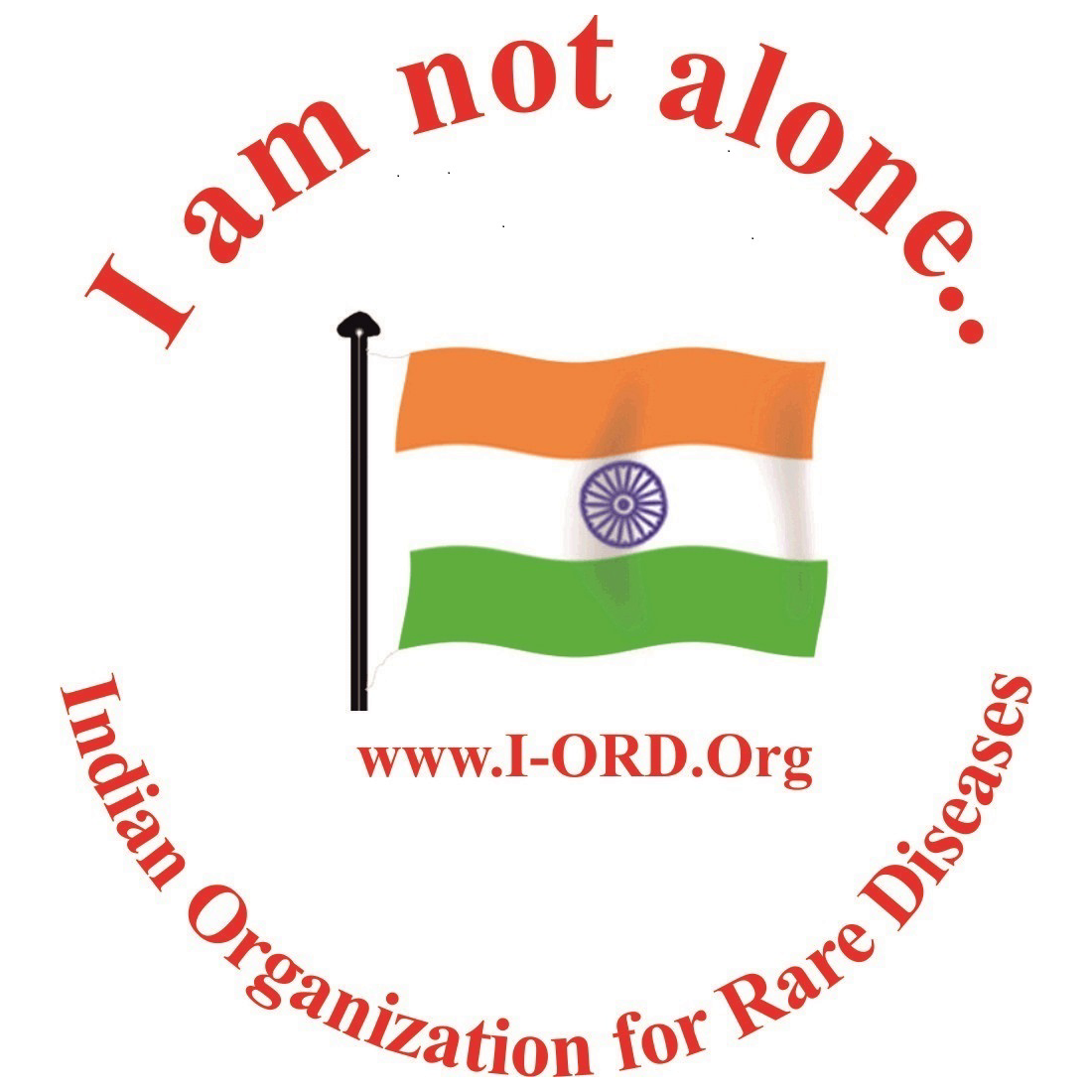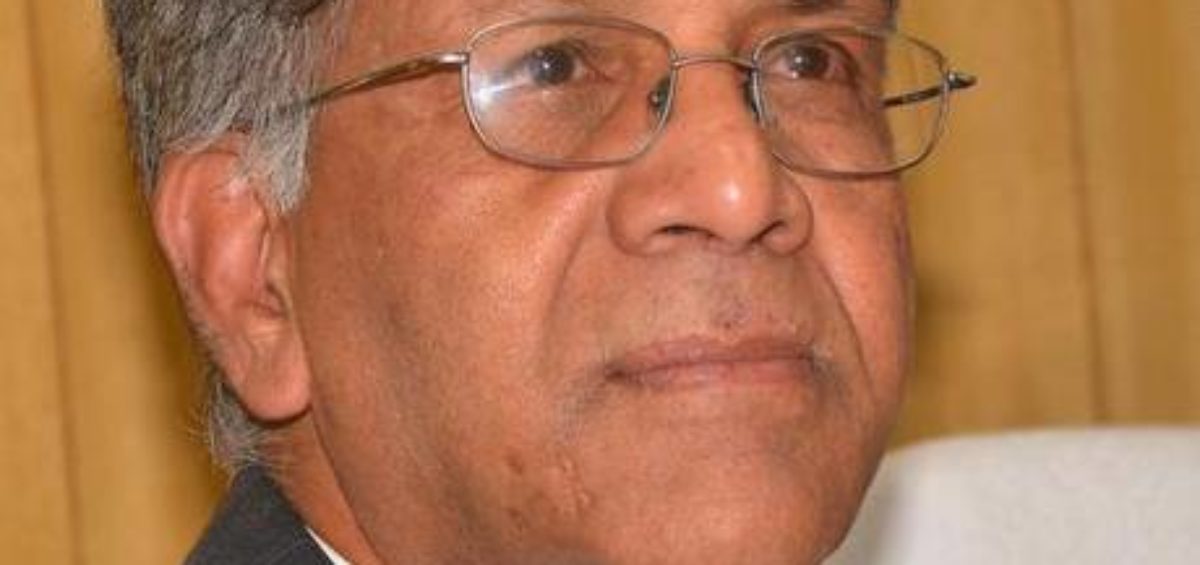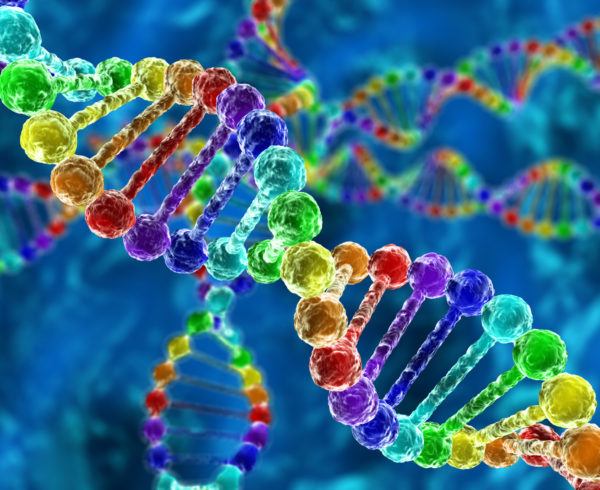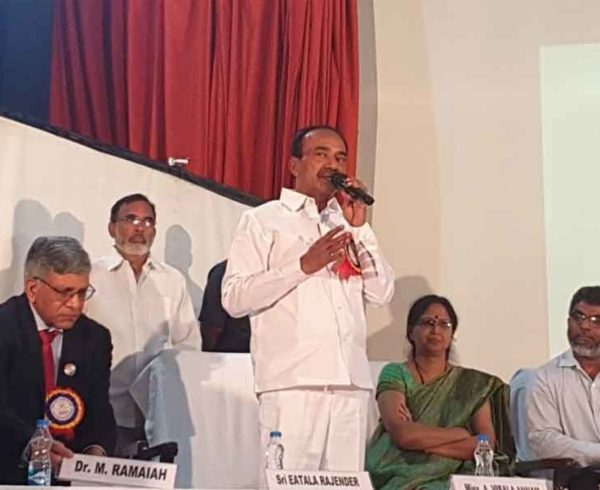Rama was born normal. By the time she was six, her life underwent catastrophic events — blindness, breathing problems, asthma, growth problems. These resulted in consultations with multiple doctors and repeated hospitalization. After six years, her condition was given the name Maroteaux-Lamy Syndrome, a genetic disorder that no one had ever heard of and with no cure. But Rama is not alone; 90 million Indians suffer from one rare disorder or the other.
There is no standard definition, but those that affect fewer than 5-7 people per 10,000 population are deemed “rare diseases”. More than 7,000 such diseases have been classified, affecting 300 million people in the world; 80% are genetic disorders. Unlike tropical diseases, they affect all nationalities and are a global issue. Despite many being affected by such rare, life-threatening and disabling conditions, public health statistics are unavailable. A lack of data translates into the absence of attention and vice-versa. Moreover, due to a small number of patients per disease, rare diseases are virtually invisible to public health researchers.
Standard public health research measures, such as the actual or potential losses that a population experiences due to a disease, are restricted to the category called “most prevalent diseases”. The disease burden is estimated and used to develop public health policies. Such efforts have been dedicated to common conditions such as neglected, non-communicable diseases and also used in the estimation of disability. In India’s Rights of Persons with Disabilities Bill, 2016, disability is defined and is restricted to 21 diseases; only eight rare diseases are mentioned along with blindness, low-vision, hearing impairment, loco-motor disability, intellectual disability and mental illness.
The burden imposed by rare diseases is unrecognized. In terms of the health-related quality of life; there are substantial costs and dependency on medical devices, home and informal care, along with a high impact on the patient’s social network. Patients are limited in their ability to work, thus reducing their contribution to society. The societal cost of suffering to family, health-care system and the financial burden have not been addressed in public health research. As a result, neither policymakers nor the general population notices the existence of rare disorders.
Genomics As An Addition
The immediate priority is to improve how policymakers comprehend the poorly understood nature of rare diseases. To get interested in rare diseases, at least initially, public health researchers have to look at metrics which are fundamental to rare diseases but not for common diseases, especially as they are not used to looking at newborn screening and genetic testing as a source of information. Screening newborns through the State’s health department is routine in developed countries. In India, the Central or State health policies focus on malnutrition, cholera and tuberculosis, but not rare diseases.
Given that faulty genes cause rare diseases, genomics is a necessary addition to the public health response to highlight the burden of rare diseases. Many single-gene disorders, which are in several thousands, can be identified by a routine blood test at primary health-care centres.
The disease burden and risk factor estimates are crucial for informed policymakers. A public health response to rare diseases needs a framework to promote access to services and treatments. The traditional effectiveness-analysis of treatment is inappropriate for orphan diseases because of their low frequencies and relatively high developmental cost.
A Model Act
Another aspect of public health is interaction among patient organizations, advocacy groups, researchers and government officials. Such a combined effort produces valuable information to new legislation, an example being the U.S. Orphan Drug Act, 1983. As a result of this, more than 450 drugs for rare diseases have been made available and it is a model act for the rest of the world. India has neither a definition for rare diseases nor such an Orphan Drug Act.
There are many challenges that patient communities report when engaging with policymakers, who are often challenged with allocating scarce resources. The public health science community needs to do much more to engage people and legislators in framing new health policies.
Author: Dr. Ramaiah Muthyala is President/CEO, Indian Organization for Rare Diseases.
Source: The Hindu
https://www.thehindu.com/sci-tech/health/rare-and-ignored/article22538355.ece




Leave a Comment